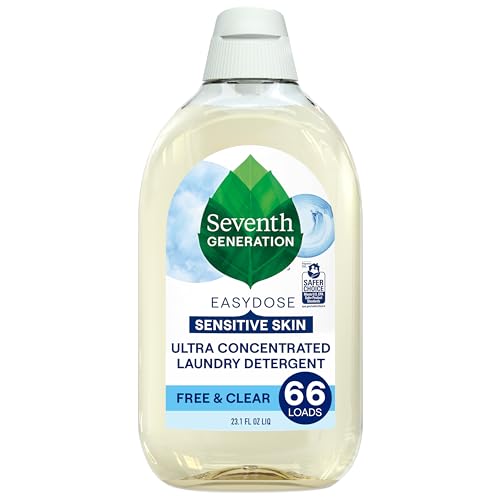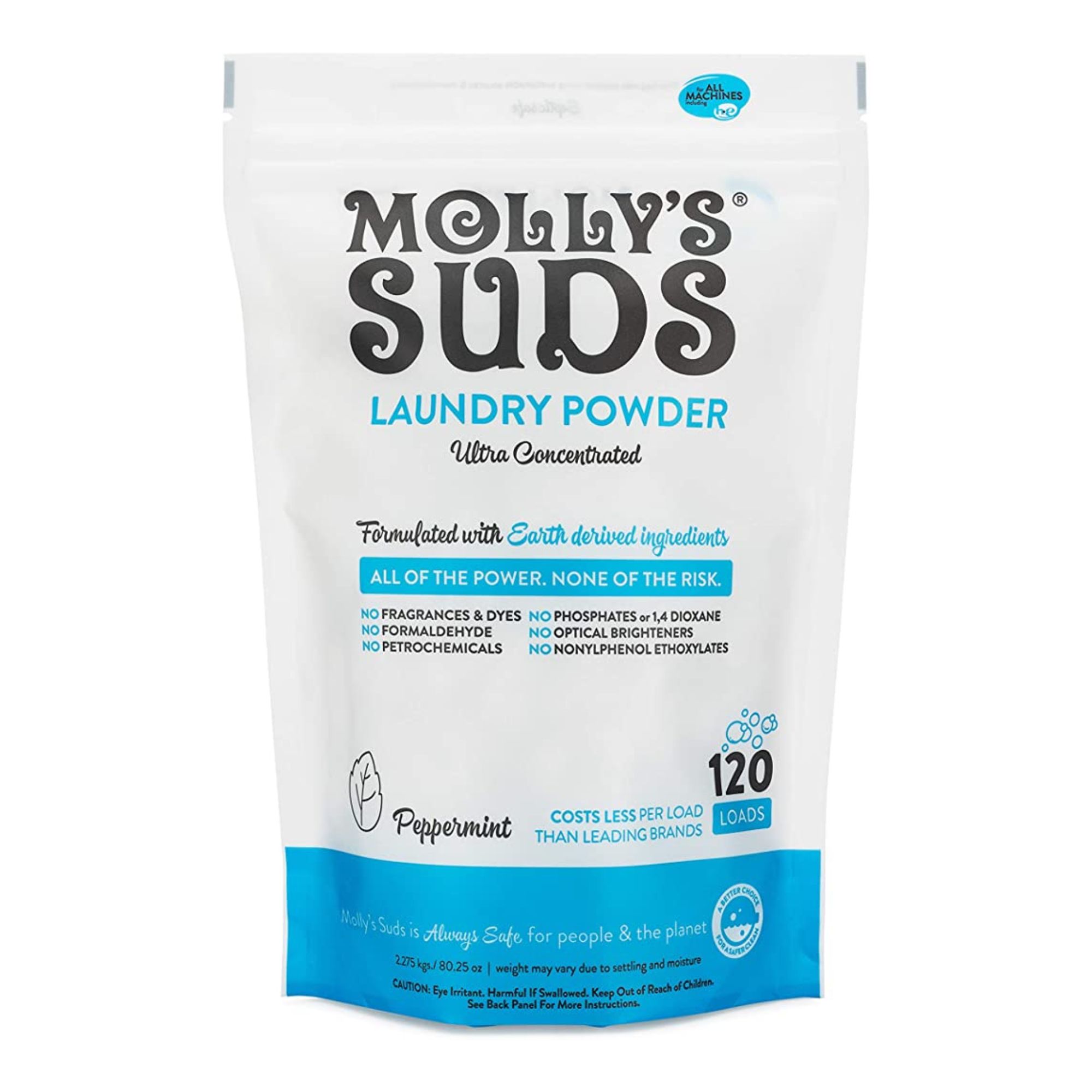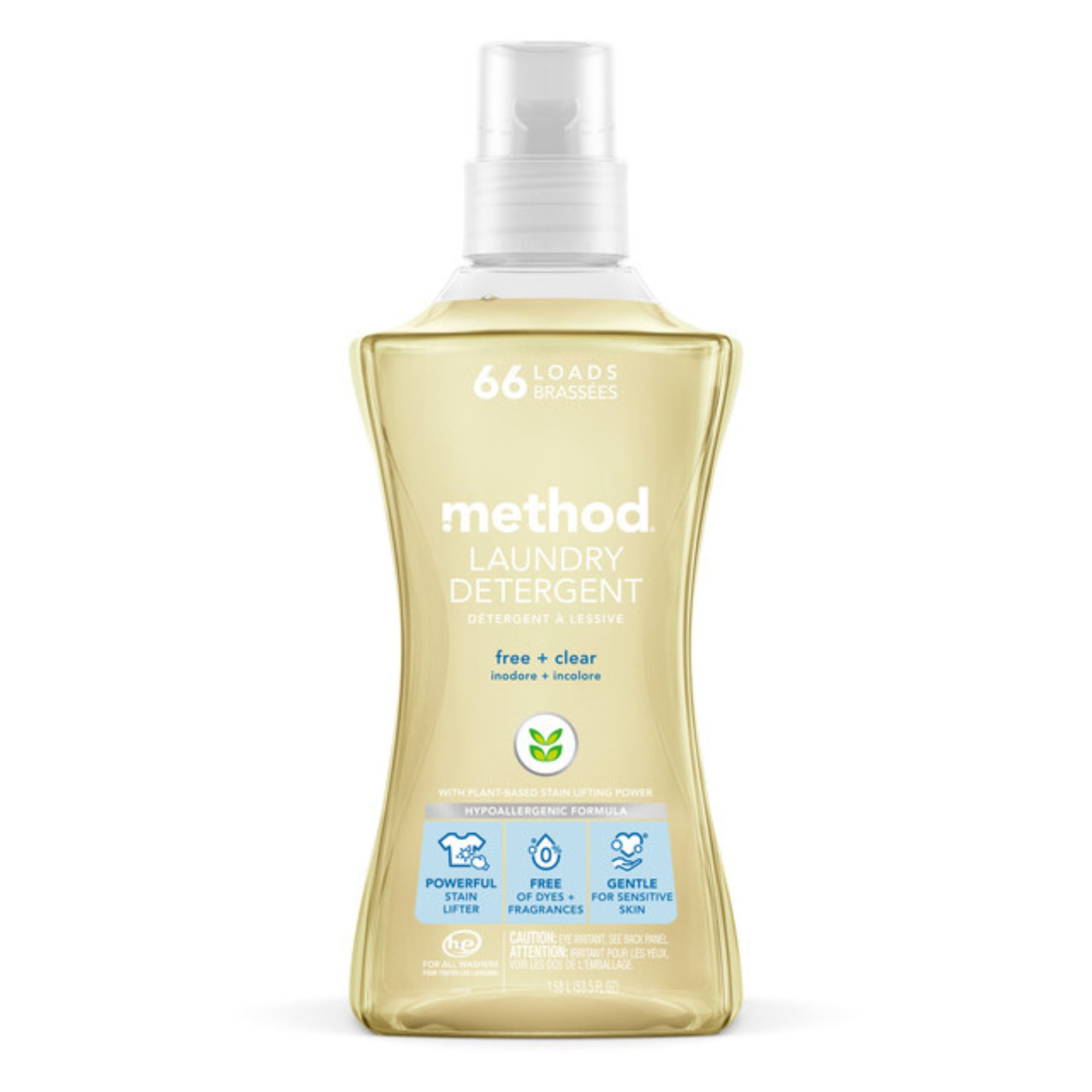Can you wash memory foam? Experts share tips for memory foam maintenance
You must follow these three rules if you want to wash memory foam, experts urge
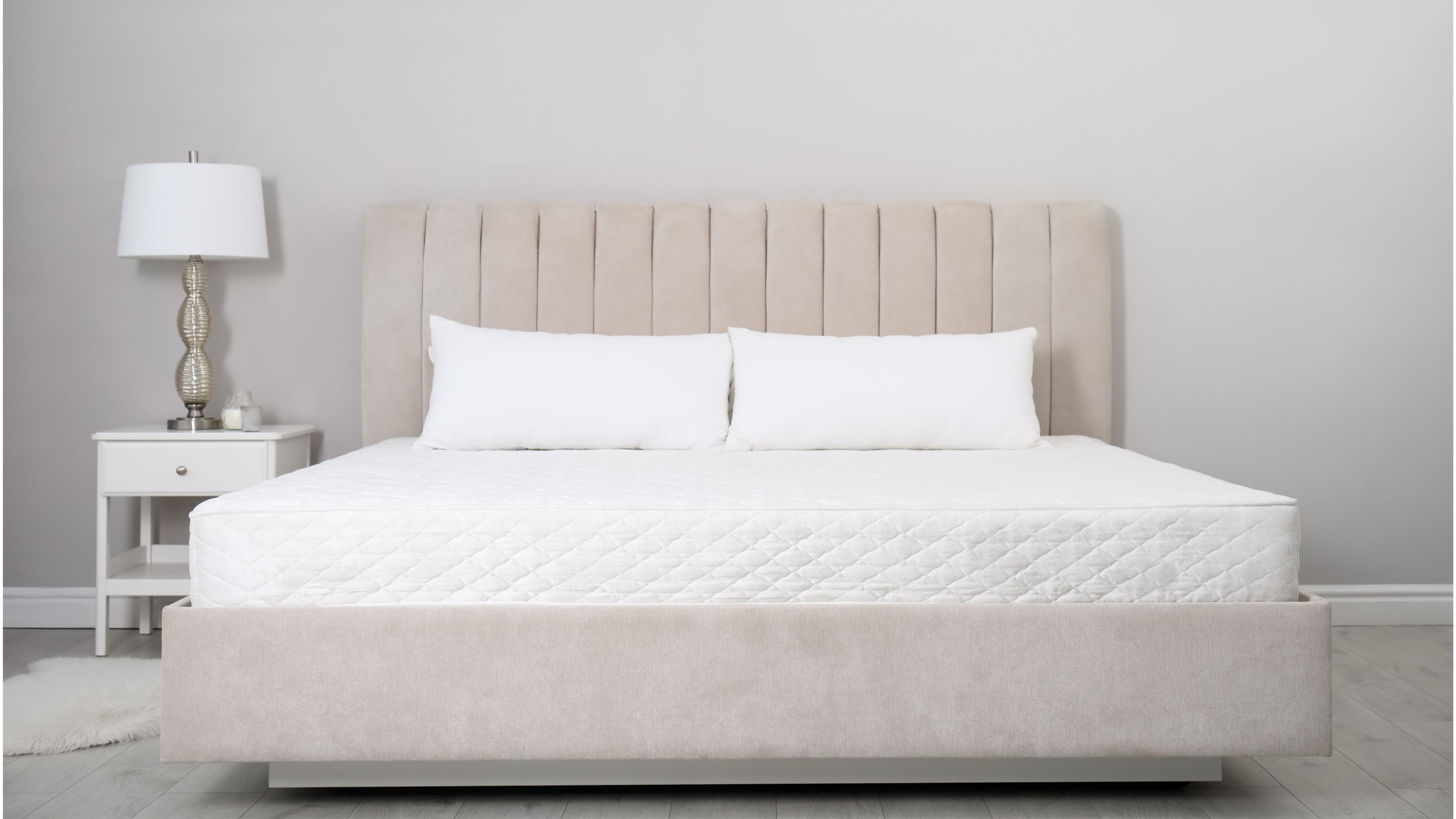

Louise Oliphant
Memory foam mattresses, pillows, and toppers are popular for a reason. They are super cozy and mold to your body, helping you get the best night's sleep possible.
However, with this dense, sink-in feeling comes a material that is prone to absorbing odors, and liquids, and holding stains. This begs the question, can you wash memory foam without damaging it?
While cleaning your memory foam mattress and washing memory foam pillows is not impossible, it is not as simple as throwing them in the washing machine or running them over with the best steam cleaner. With that in mind, we asked professionals for their best cleaning tips to refresh our bedding without risk of damage.
Can you wash memory foam?
Even the best memory foam mattresses, best pillows, and best mattress toppers need regular cleaning if you want to maintain good sleep hygiene.
'Memory foam is the one mattress type you need to be especially careful when cleaning. If you get the material too wet, it will take a very long time to dry, and you can increase the chances of developing mold or mildew,' warns Christina Heiser, content director at Saatva, the Smarter Luxury Sleep Company.
Generally speaking, there are three main precautions you need to take when washing memory foam mattress toppers or mattresses to keep it in top condition.
3 rules to follow when washing memory foam
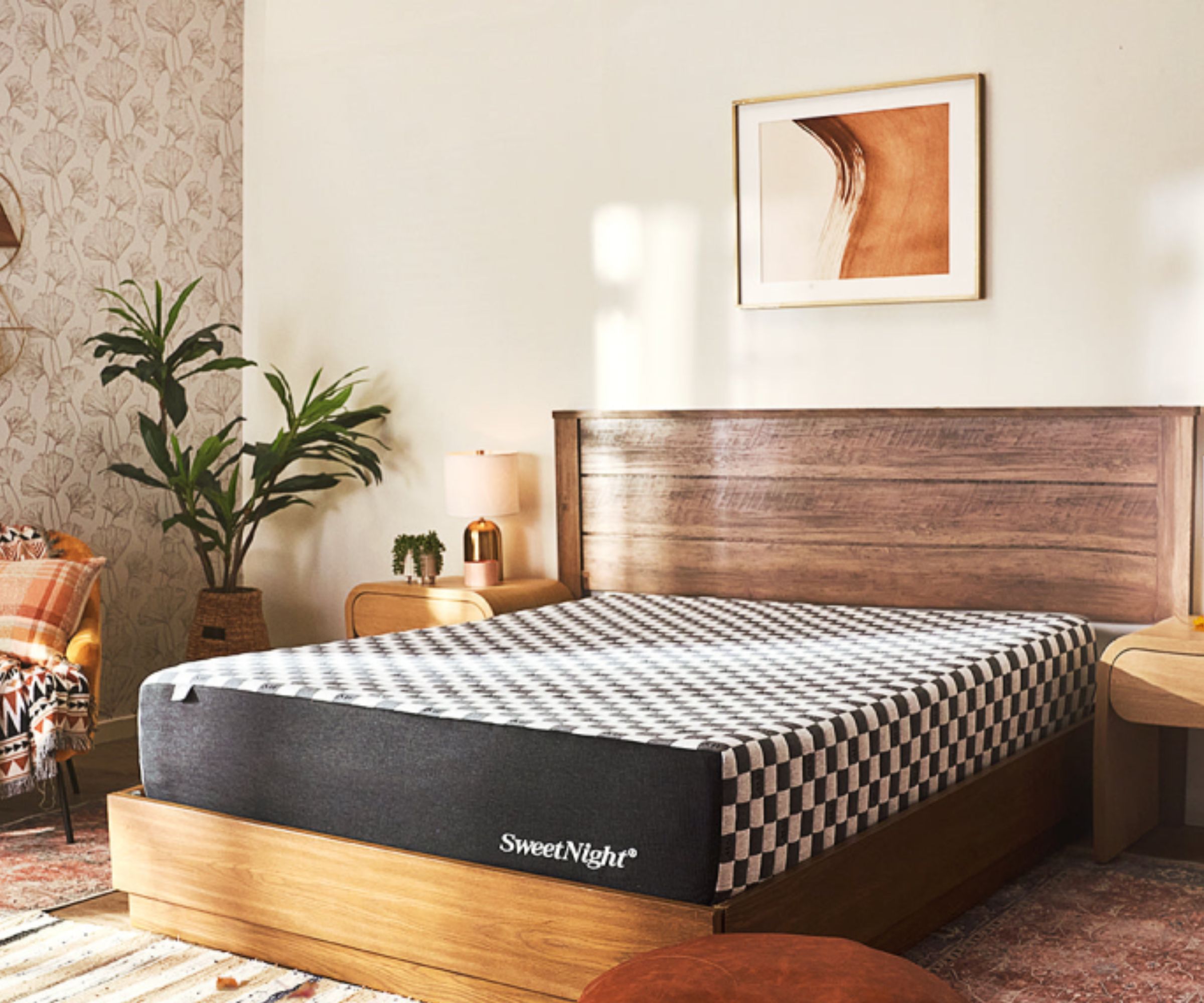
Whether you're removing stains from your mattress topper or doing your annual mattress clean, using the correct methods, products, and processes is key to keeping your bedding in its best condition.
1. Only wash the cover
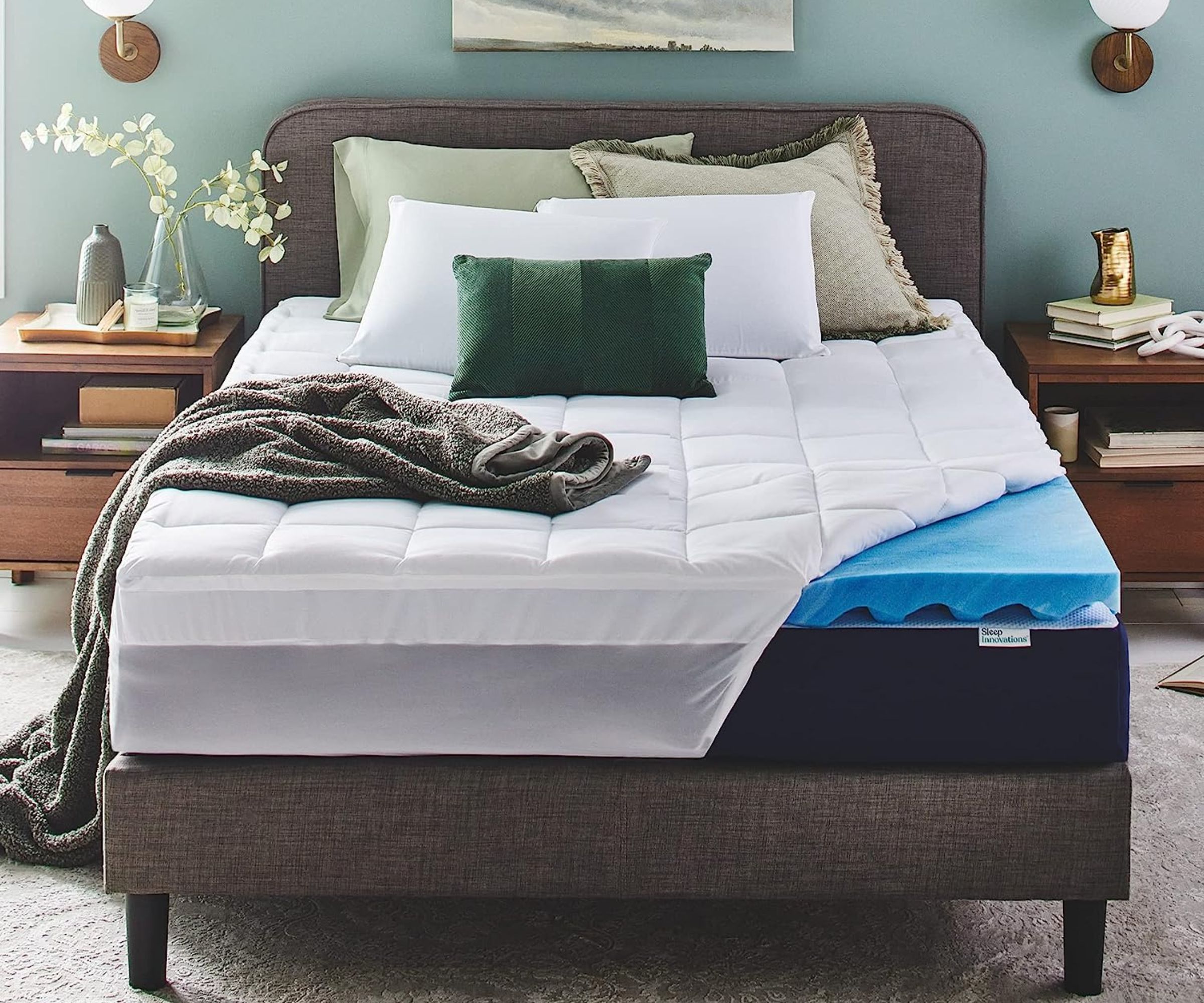
'Never submerge memory foam in water! Trust me, this is from experience,' shares Ross Pascale, cleaning expert and director at Neeet House Cleaning. 'While some memory foam mattress covers can be washed, the foam itself usually can't. The washing machine's agitation and harsh chemicals can damage the foam's structure and support.'
The best way to keep your pillows, mattress, and toppers clean is to remove any loose covers and wash those according to the laundry symbols on the care label, he suggests.
2. Spot-clean only with natural detergent
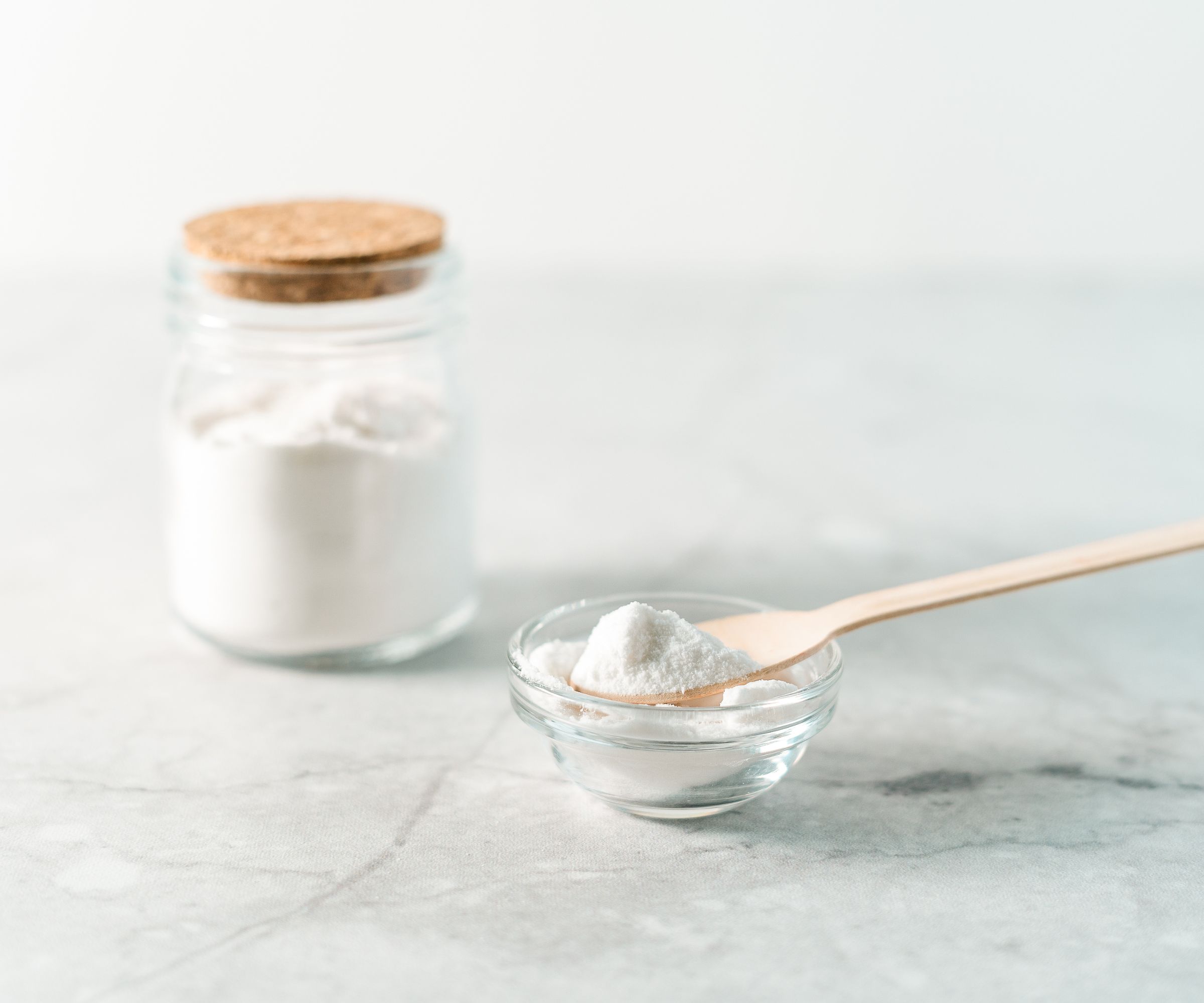
If the mattress doesn't have a cover, or is stained or smells beneath the cover, then you can try some spot cleaning tips.
'Start by using a vacuum cleaner with a brush attachment to remove any loose dirt, dust, and debris from the surface of the mattress. This helps to eliminate surface particles before proceeding with further cleaning,' begins cleaning expert Trish Duarte, home cleaning professional and owner of MaidPro in Murrieta, California.
'If there are any stains on the mattress, spot clean them using a mix of one part detergent and two parts water. Use a microfiber cloth or sponge to gently dab the stained area. Avoid rubbing or scrubbing vigorously, as this can damage the foam. After spot cleaning, blot the area with a clean, damp cloth to remove any soap residue and then allow it to air dry.'
If you are trying to get rid of musty smells in a bedroom, you can also clean with baking soda. Sprinkle the baking soda evenly across the dry mattress and allow it to sit for at least 30 minutes and up to 24 hours. Then, brush the powder away and vacuum up any lingering debris. The baking soda will absorb odors and leave your mattress smelling fresh. Finish with a light linen spray for the ultimate night's sleep.
3. Air dry only
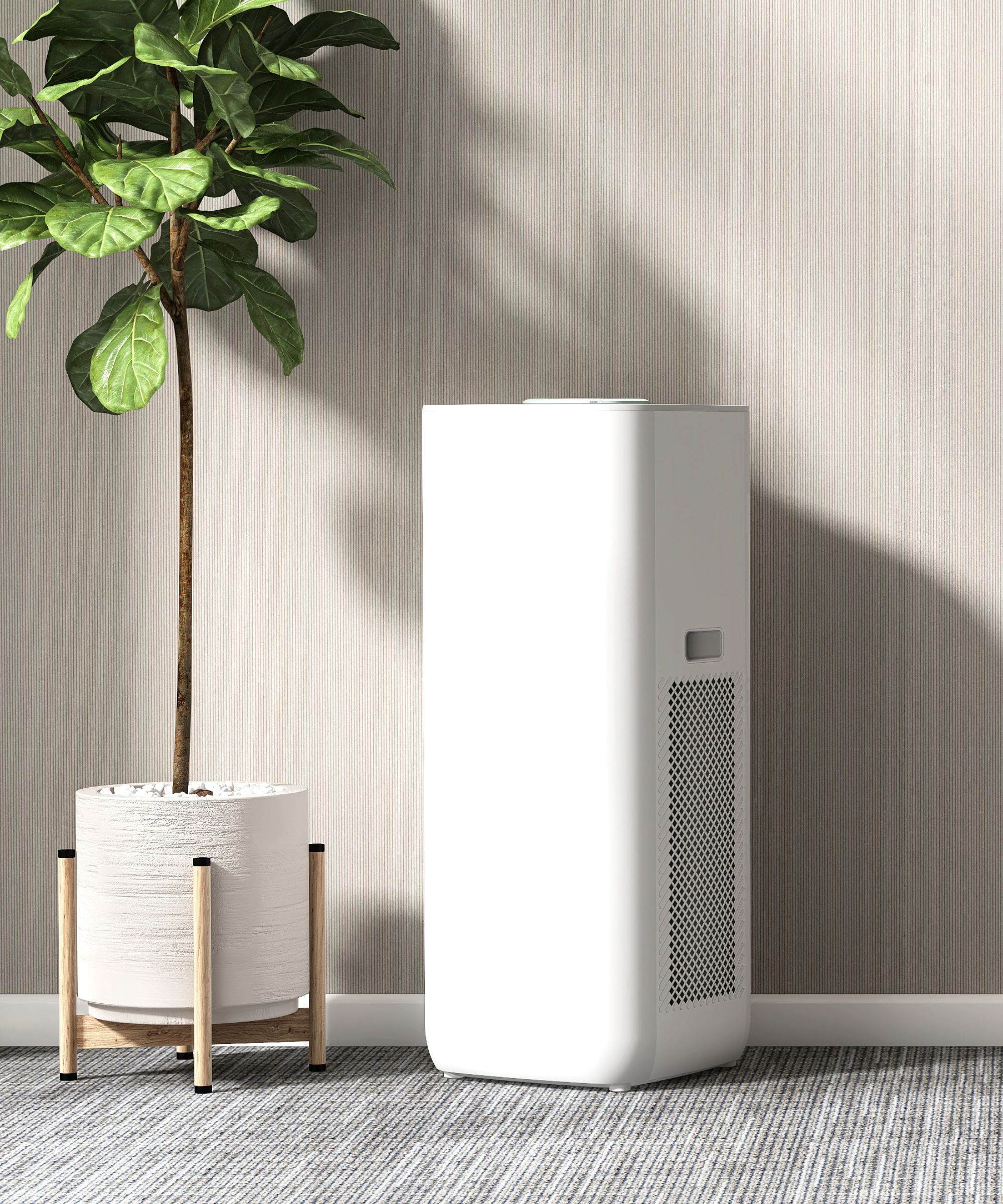
There are several benefits to air drying laundry, but it is essential when it comes to memory foam, continues Ross Pascale, cleaning expert. The heat and agitation from a dryer will ruin the memory foam's texture. Instead, for smaller items such as pillows and toppers, it is better to press the excess moisture out and then leave it in a sunny, well-ventilated spot to dry naturally. You can also use the best dehumidifier to speed the process up and avoid the risk of mold or musty odors.
For larger items such as mattresses, Ross suggests; 'propping your mattress upright against a wall or, if the weather's nice, taking it outside to a shady spot. Getting some fresh air helps get rid of moisture and stops mold from growing, making your sleep space nice and healthy.'
Ensure the memory foam is completely dry before using it again or redressing with your best bed sheets.
FAQs
Is memory foam ruined if it gets wet?
Short answer: yes. You should always avoid getting your mattress wet. Moisture in memory foam will weaken its viscosity. The adhesive holding the layers of foam together will break down, ruining its sink-in, cushioned quality. Excess water will also speed up the deterioration of memory foam. Trapped liquids will also lead to mold and mildew build-up.
Of course, the occasional spill can't be helped, but it is important to treat any liquid spills as quickly as possible with a clean dry cloth and a swift blotting motion.
How long does memory foam take to dry?
Memory foam dries slowly. Depending on its density and how wet your memory foam gets, it can take quite a while to dry – up to a few days in fact. It's best to avoid getting your memory foam mattress, pillow, or topper wet at all, and you should ensure your bedding is completely dry before putting it back on your bed or storing away.
'To keep your memory foam mattress clean and fresh, it’s important to maintain good hygiene practices,' suggests Trish Duarte, cleaning expert. 'Wash bed sheets every one to two weeks to prevent buildup of body oils and sweat and rotate the mattress every few months to distribute the wear evenly. '
Sign up to the Homes & Gardens newsletter
Design expertise in your inbox – from inspiring decorating ideas and beautiful celebrity homes to practical gardening advice and shopping round-ups.

Chiana has been at Homes & Gardens for two years and is our resident 'queen' of non-toxic living. She spends most of her time producing content for the Solved section of the website, helping readers get the most out of their homes through clever decluttering, cleaning, and tidying tips. She was named one of Fixr's top home improvement journalists in 2024.
- Louise OliphantEcommerce Editor
-
 Step inside this British stately kitchen that's steeped in country charm – a kitchen built for now, with the soul of another era
Step inside this British stately kitchen that's steeped in country charm – a kitchen built for now, with the soul of another eraBritish kitchen designers Guild Anderson reimagined the layout of this characterful kitchen, crafting a bespoke kitchen design that honours the heritage and enduring charm of this historic Cornish home
By Caroline Moratti
-
 How to arrange flowers like a professional – these 5 rules are all you need according to floral experts
How to arrange flowers like a professional – these 5 rules are all you need according to floral expertsWe asked floral experts for their advice on arranging flowers, whatever the season – create stunning floral displays all year round with these rules
By Katrina Harper-Lewis
-
 I've spent 200+ hours testing vacuums and tried the viral tea bag vacuum hack to deodorize naturally. The results surprised me
I've spent 200+ hours testing vacuums and tried the viral tea bag vacuum hack to deodorize naturally. The results surprised meIt worked better than I expected, but it's not the most effective method out there
By Dan Fauzi
-
 This is one of the worst things you can do to your vacuum cleaner – experts warn it will slash its lifespan by years and damage the motor
This is one of the worst things you can do to your vacuum cleaner – experts warn it will slash its lifespan by years and damage the motorOverfilling your vacuum can cause real, long-term damage and is best avoided
By Dan Fauzi
-
 This is the single best upright vacuum we've ever tested – and it's on offer with $130 off at Shark for a limited time only
This is the single best upright vacuum we've ever tested – and it's on offer with $130 off at Shark for a limited time onlyYou won't want to miss this one
By Dan Fauzi
-
 I'm an expert vacuum tester, and no, you really don't need a mattress vacuum – here's what to use instead
I'm an expert vacuum tester, and no, you really don't need a mattress vacuum – here's what to use insteadBefore investing in a new gadget, the tried-and-true methods still work
By Dan Fauzi
-
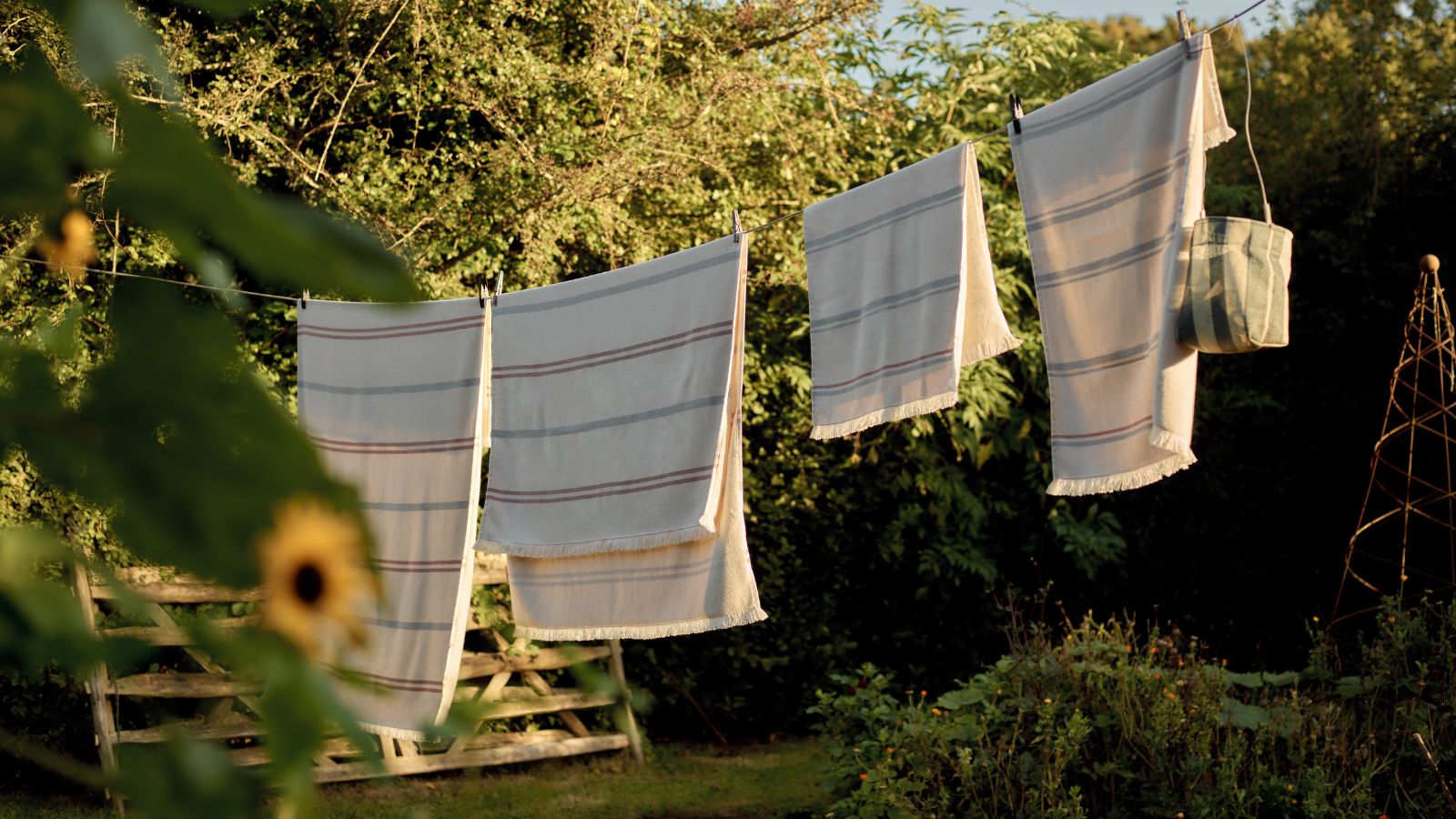 Should you dry your clothes outside if you have hayfever? Allergy specialists warn sufferers to steer clear of this 'major trigger'
Should you dry your clothes outside if you have hayfever? Allergy specialists warn sufferers to steer clear of this 'major trigger'Doing so can trigger asthma, coughing, itchy eyes and more
By Sophie Warren-Smith
-
 'It's not something I'm willing to budge on' – shoes on vs. shoes off, what type of household are you?
'It's not something I'm willing to budge on' – shoes on vs. shoes off, what type of household are you?Our professional cleaners are all in agreement on this one, but would you consider a switch?
By Ottilie Blackhall
-
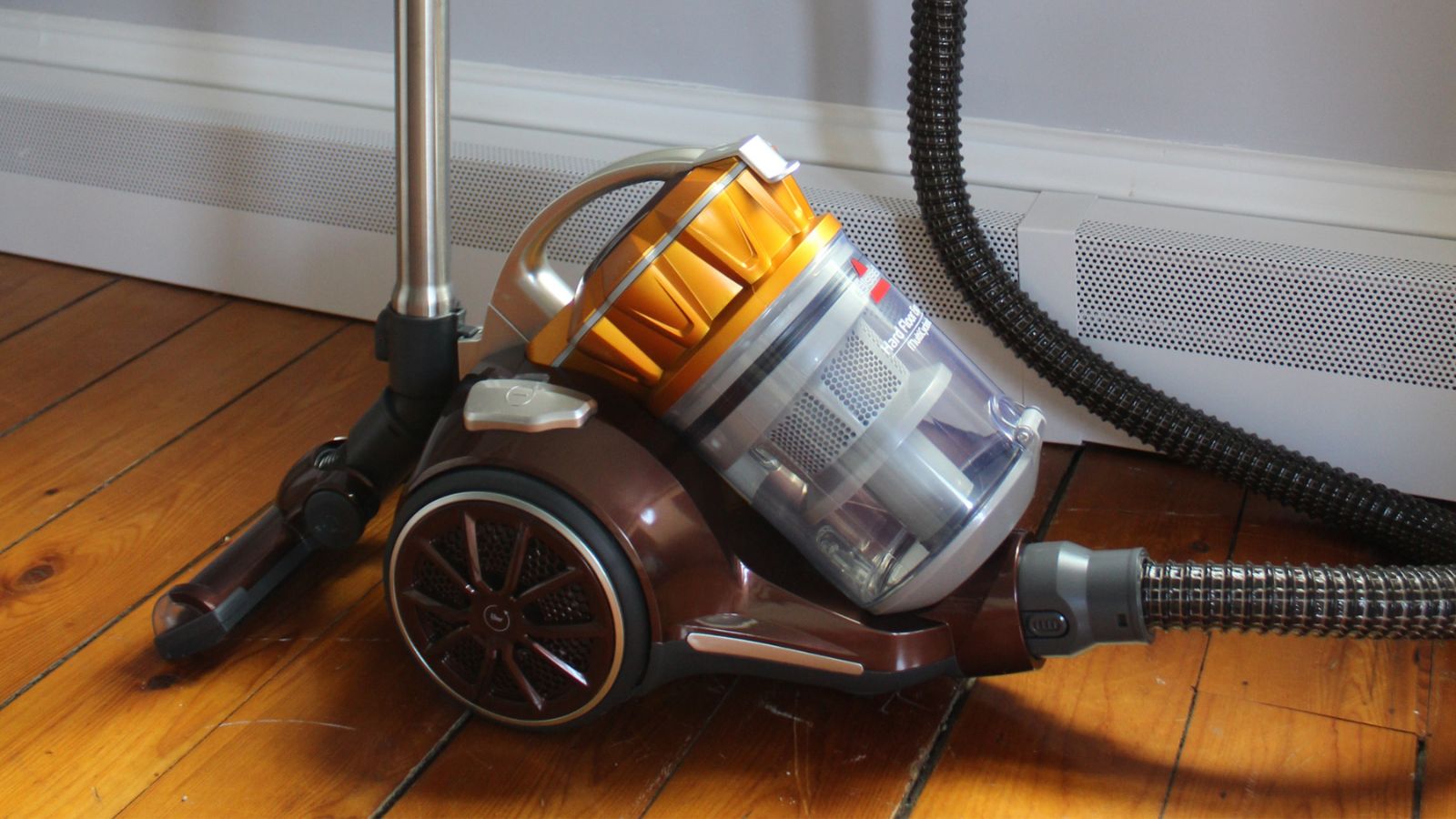 Bissell Hard Floor Expert canister vacuum review – if your home has smooth floors, this is all you need
Bissell Hard Floor Expert canister vacuum review – if your home has smooth floors, this is all you needAs the name suggests, this canister vacuum works wonders on hard floors, but even a low-pile rug is too much of a challenge
By Camryn Rabideau
-
 I tried this one easy dishwasher trick and made the annoying need for manual drying a thing of the past
I tried this one easy dishwasher trick and made the annoying need for manual drying a thing of the pastIf you hate those little pools of water left on your cups and crockery, this towel trick is for you
By Punteha van Terheyden
